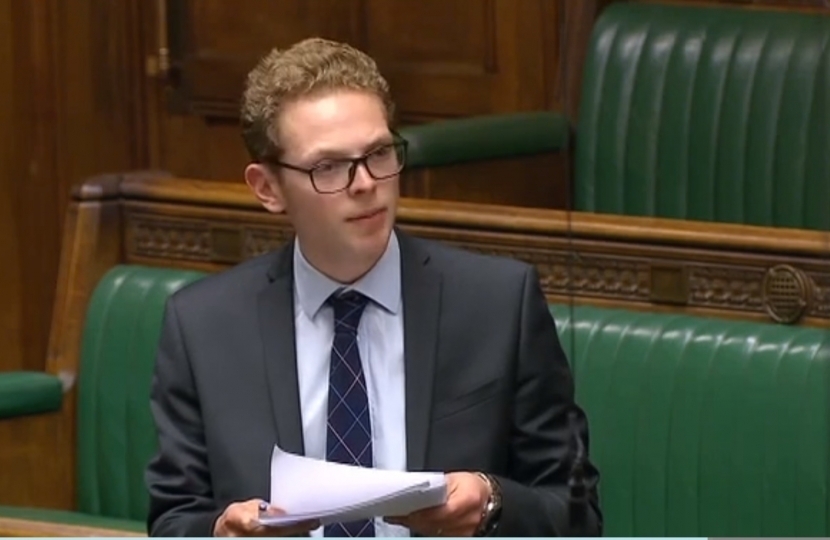
When the lockdown rules to fight Coronavirus were first imposed by the Government just over three weeks ago, I heard lots of people commenting about how much this situation harks back to the War and the Blitz. We are certainly in a battle, but this is a battle against a silent and invisible killer.
There are of course now few of us with living memory of those times, but a number of people have suggested to me recently that Parliament should be sitting now, because it did throughout the autumn of 1940, while bombs were landing all around, just as it did through the plague. I am pleased to be able to announce that, from tomorrow, the House of Commons will return, with MPs able to put questions to Government ministers on the Coronavirus response.
The House of Commons actually moved into the House of Lords when the Chamber was destroyed by German bombs in 1941, with questions being taken in the morning to allow MPs and staff to escape to air-raid shelters by nightfall. We are adapting in a very different way now; for the first time in its 700-year history, our Parliament is going to meet virtually.
This is, of course, a relatively straightforward adaptation compared with the change many people across the city and the country are having to incorporate into our everyday lives. The painted lines on supermarket floors marking two-metre gaps and the lack of traffic on the streets are the most visual everyday reminders of this strange new world. Many I know will be worried about their livelihoods and what the future holds. The most difficult and praiseworthy changes are taking place behind closed doors, but none of us should ever truly feel alone at this time.
I would again like to thank our frontline NHS staff and care workers, including my mother-in-law. We all think of the challenges our nurses, doctors and carers face at work, treating the ill with an amazing blend of kindness and professionalism over long what must seem like unending shifts. Most of us neglect to think of what happens afterwards, where many of the very same staff go to lonely homes, isolated from their partners and children in order to shield them from the risk of infection. Our hats go off, to you all.
What we have seen that most characterises that wartime spirit is a sense of us all pulling together, everyone doing their bit to get us through this. There is something which goes very deep into our culture of what it is to be British. Right across our country we have seen remarkable examples of the heroic efforts that will help see us defeat this disease.
It has been most evident here in Stoke-on-Trent through the growing number of volunteers and voluntary organisations who have stepped up to support those most vulnerable in our communities. The City Council, VAST and our local voluntary network, between them have set up Stoke-on-Trent Together, this brings together volunteers and organisation right across the city to help others.
I have received hundreds of emails and telephone calls from vulnerable people, worried about how to access food and medicines, as well as people want to help. In practically every case, Stoke-on-Trent Together has been able to help support and provide for every individual. If you know of anyone else who needs support or want to volunteer, find out more at: https://vast.org.uk/covid-19-support-network/.
Nationally more than three quarters of a million people have signed up to volunteer for our NHS volunteer army. There have been stories of fashion companies making medical scrubs and masks, delivery companies switching to providing essential goods, and even Formula 1 teams making ventilators instead of cars. People having been going the extra mile to support vulnerable family, friends and neighbours.
One man who does remember the Blitz and espouses this British spirit most is Captain Tom Moore. Aged 99, he has just completed 100 laps of his garden to raise money for the NHS, and has brought in well over £15 million. His determination is an example to us all and I am sure we will all want to wish him a Happy Birthday for the end of the month. If he can put his mind to it and achieve this, we can all endure a few more weeks of social distancing and get through this.
To win this fight, we all must continue to follow the measures set out by the Government. Stay at home! Only go outside for food, health reasons or work (but only if you cannot work from home). If you go out, stay 2 metres (6ft) away from other people at all times. Wash your hands as soon as you get home.
It is beginning to work; now we must make sure our efforts so far are not wasted, so we can protect the NHS, protect each other and save lives.
This article appeared originally in The Sentinel, 20th April 2020.
